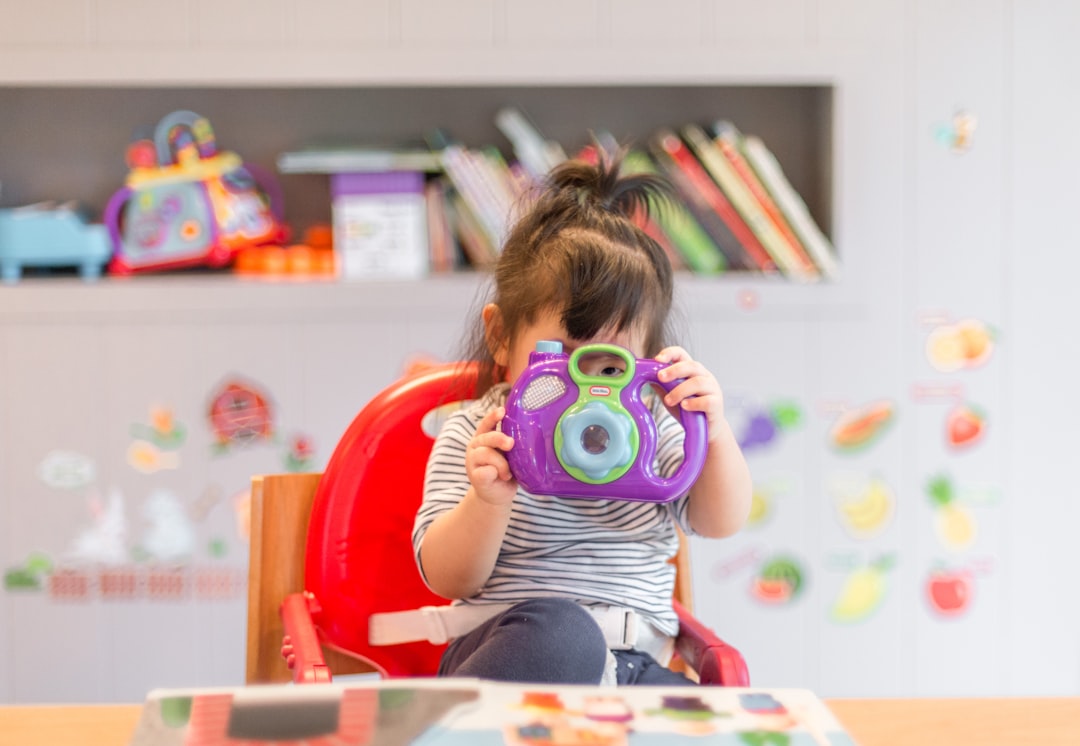Recognizing verbal abuse patterns, such as manipulative language and insults, is crucial in identifying emotional maltreatment at New York daycares. Changes in a child's behavior, mood, appetite, or sleep can also be red flags. Physical signs like unexplained injuries or changes in appearance should be monitored closely. Inconsistencies in caregivers' accounts and dismissive communication from staff are further indicators of potential abuse. Daycare abuse attorneys in New York NY advise parents to observe these signs and take prompt action for the child's safety and well-being.
In New York, recognizing signs of emotional or psychological abuse at daycares is crucial for ensuring children’s well-being. This guide helps parents and caregivers navigate potential red flags, such as verbal abuse patterns from caregivers, sudden changes in a child’s behavior, physical neglect or assault indicators, inconsistencies in caregiver narratives, and inadequate communication with staff. Understanding these signs can empower individuals to take action and seek help from daycare abuse attorneys if necessary.
Recognize Verbal Abuse Patterns in Caregivers

Recognizing verbal abuse patterns is a crucial step in identifying emotional or psychological maltreatment at daycares in New York. Caregivers who engage in this type of abuse often use manipulative language, insults, or belittling comments to control and demean children. They may frequently raise their voices, yell, or use threatening tones when addressing the kids. Phrases like “You’re worthless,” “No one loves you,” or “You’re a bother” are red flags indicative of verbal abuse. Such hurtful statements can severely impact a child’s self-esteem and emotional well-being.
Daycare abuse attorneys in New York emphasize that parents and guardians should be vigilant in observing these patterns, especially during pick-up or drop-off times. If you notice caregivers displaying consistent hostile behavior towards children, it might suggest an underlying issue that requires immediate attention. Prompt action by concerned individuals can help protect vulnerable kids and ensure they receive the safe, nurturing environment they deserve.
Observe Changes in Child's Behavior and Mood

Changes in a child’s behavior or mood can often be telling signs of emotional and psychological abuse within daycares. Parents and caregivers should pay close attention to any drastic shifts, such as increased irritability, withdrawal from activities they once enjoyed, or sudden changes in appetite and sleep patterns. These indicators might suggest that something is amiss at the daycare, prompting further investigation by both parents and, if necessary, daycare abuse attorneys in New York, NY.
Observing a child’s interactions with their peers and adults can also provide insights. If your child becomes unusually aggressive or withdrawn, or exhibits signs of anxiety when around certain individuals, it could indicate abusive relationships at the facility. Promptly addressing these behaviors is crucial to ensuring the child’s well-being and holding accountable those responsible for their care.
Identify Physical Signs of Neglect or Assault

In the unfortunate event of emotional or psychological abuse at a daycare center in New York, recognizing physical signs can be a critical step toward seeking justice with the help of daycare abuse attorneys NYC. Look for unusual injuries that may not have an apparent explanation, such as frequent bruises, cuts, or welts. These could indicate physical assault by a caregiver. Additionally, monitor changes in a child’s appearance, including unkempt hair, soiled clothing, or poor hygiene, which might suggest neglect.
Pay attention to behavioral shifts like excessive shyness, withdrawal from activities, or unusual aggression. Children subjected to emotional abuse may exhibit these signs due to the trauma they’ve experienced. If you notice any of these physical or behavioral changes in a child, it’s essential to report your concerns to the appropriate authorities and consult with daycare abuse attorneys New York NY to understand your legal options for holding perpetrators accountable.
Notice Inconsistencies in Caregiver Accounts

When observing interactions between caregivers and children at daycares in NY, it’s crucial to pay attention to any inconsistencies in their accounts. If a caregiver’s stories or explanations seem to shift or contradict each other, this could be a red flag indicating potential emotional or psychological abuse. For instance, they might give different versions of how a particular incident unfolded or fail to remember key details from one conversation to the next.
Daycare abuse attorneys in New York NY often emphasize the importance of consistency and coherence in caregiver narratives. Inconsistencies could suggest that the caregiver is not being truthful or is trying to cover up abusive behaviors. It’s essential for parents and guardians to trust their instincts if they notice such discrepancies, as they may indicate a deeper problem that requires immediate attention and intervention from daycare staff and legal professionals.
Evaluate the Quality of Communication with Staff

Evaluating the quality of communication between parents and staff is a crucial step in recognizing potential emotional or psychological abuse at daycares in NY. Daycare providers should foster open, honest, and respectful conversations. If you notice that staff members are dismissive, unfriendly, or avoidant when discussing your child’s behavior or well-being, it could be an abusive red flag. Abusive caregivers may manipulate communication to control parents, hide problematic behaviors, or minimize concerns.
Pay attention to how frequently and effectively daycare staff shares updates about your child’s day, their interactions, and any notable changes in behavior or mood. Daycare abuse attorneys in New York emphasize that consistent, detailed, and transparent communication is a key indicator of a healthy care environment. If you consistently experience difficulties communicating with the staff or feel ignored, it may signal a need for further investigation to ensure your child’s safety and well-being.





